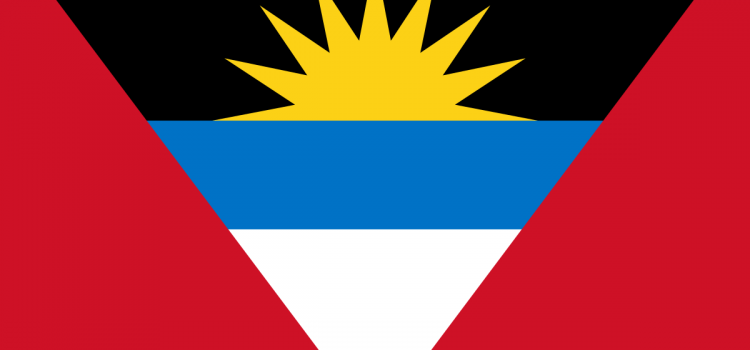The key challenges of AML compliance in Latin America and the Caribbean
Whether conducting risk assessments or reviewing client due diligence, it is vital to understand the risks and responsibilities of money laundering challenges for different jurisdictions.
In this article, VinciWorks considers the key AML challenges and laws in Antigua and Barbuda, and what organisations should consider when assessing customer, geographic or matter risk.
For more on the key AML risks and challenges in Latin America and the Caribbean, download our free guide to compliance.
Click here to download a free copy.
Key risks
- Citizenship by Investment (CBI) – corruption risks within the CBI have been highlighted by the US, but it remains politically sensitive for the government to tackle.
- Drug trafficking – cocaine and cannabis are the most commonly trafficked drugs.
- Fraud and tax evasion – after drug trafficking these are the cases most often referred for further investigations, particularly when connected to the entertainment industry.
- Human trafficking – victims often enter the situation voluntarily, and are then forced into exploitation, and is reported to often occur in plain sight.
- Cybercrime – phishing and account takeover scams, payment redirection to illegitimate sites and ‘mystery shopper’ scams are a growing concern.
Criminal proceeds
An estimated $34 million – $86 million of criminal proceeds is laundered every year in Antigua and Barbuda.
AML policy summary
Antigua and Barbuda is seen as having a too narrow focus on drug trafficking, and is considered weak in prevention and detection of money laundering crime. It does however have strong enforcement.
Legal summary
Antigua and Barbuda was one of the first countries in the Caribbean region to reform its AML framework. This reform occurred after the country’s 2008 mutual evaluation. The focus since then has been on training reporting entities. The supervisory agencies are considered to be well-informed of AML requirements and risks.
Banks in the country have implemented a risk-based approach and have a high degree of knowledge in the sector. The man laws include:
- The Misuse of Drugs Act 1974
- The Proceeds of Crime Act 1993
- The Money Laundering Prevention Act of 1996
- The Prevention of Terrorism Act of 2005
Weaknesses
The key conduits for financial crime include professional services such as lawyers, accountants, real estate and money services businesses. Car dealerships and international banks are also considered risky. In particular, the used car industry is unregulated and unsupervised. Almost all cars in the country are part of the second-hand market and drug traffickers have a history of abusing this market for money laundering.
Coordination between authorities is lacking, and Antigua and Barbuda’s AML efforts are hampered by very low numbers and low-quality SARs from financial institutions, and in particular designated non-financial business and professions.
The narrow focus of the Royal Police Force of Antigua and Barbuda on drug trafficking means that a financial crime investigation is unlikely to occur if the case does not have a connection to drugs. The US focus on drug trafficking in the region, and US-backed interventions and financial support in this area make it difficult for the country to expand its focus.
Strengths
The country is seen as having a strong political will to tackle financial crime, along with the technical knowledge and capacity in the finance sector. Recently the country has worked with Interpol and the Canadian government to tackle human trafficking.
More information
VinciWorks has created a guide designed to support businesses that currently operate in Latin America and the Caribbean, or are planning to, or seeking to expand to new countries in the region. This guide provides an overview of some of the key AML challenges and issues and includes a country-by-country assessment of AML risks and laws.
Click here to download a free copy.


